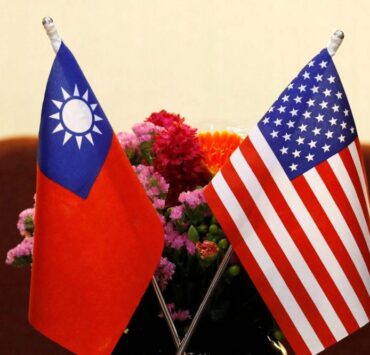Election gun ban fails to stem violence in the Bangsamoro region

Despite the Commission on Elections’ imposition of a gun ban, the Bangsamoro Autonomous Region in Muslim Mindanao and neighboring areas continue to witness a disturbingly consistent rate of violent incidents, including murder. This alarming reality raises critical questions about the effectiveness of the gun ban and highlights the need for a deeper, more holistic approach to tackling violence in the region.
The gun ban, meant to create a secure environment for the upcoming elections, has proven ineffective in curbing criminal activity. The continued occurrence of these violent incidents reveals a deeper systemic issue, highlighting the need to address the root causes of violence in the region rather than solely relying on a temporary measure like a gun ban. The failure of the gun ban points to a complex interplay of factors that contribute to the ongoing violence. These include the following problems:
A culture of violence: A history of conflict and armed struggle has unfortunately created a culture of violence in some communities, with armed groups and criminal elements resorting to violence as a means of resolving disputes.
Weak law enforcement: Limited resources, inadequate training, and corruption within law enforcement agencies can hamper their ability to effectively enforce the law and deter criminal activity.
Lack of access to justice: A lack of trust in the judicial system and difficulties in accessing justice can lead individuals to seek alternative means of resolving conflicts, often resorting to violence.
Economic hardship: Poverty and unemployment can create an environment where individuals are more likely to engage in criminal activity as a means of survival. Addressing the root causes of violence requires a multipronged approach that goes beyond temporary measures like a gun ban. This includes:
Investing in law enforcement: Strengthening law enforcement agencies through increased training, better equipment, and robust accountability mechanisms is crucial.
Promoting peace-building and conflict resolution: Investing in programs that promote conflict resolution, dialogue, and community reconciliation is essential to address the underlying causes of violence.
Addressing economic inequality: Creating opportunities for economic empowerment, job creation, and poverty reduction can significantly reduce the likelihood of individuals resorting to violence.
Improving access to justice: Strengthening the judicial system, promoting transparency and accountability, and ensuring equitable access to justice are crucial for deterring violence.
While the gun ban is a necessary measure to ensure a safe and peaceful election environment, it is not a long-term solution to the deeply rooted problem of violence in the Bangsamoro. A comprehensive and collaborative approach, involving all stakeholders, is needed to address the underlying causes and create a more peaceful and just society for all.
Taher G. Solaiman,
legislative staff officer IV,
Office of MP Mohagher Iqbal, Cotabato City

















